Oct. 12 (UPI) — On this date in history:
In 1492, Christopher Columbus reached America, making his first landing in the New World on one of the Bahamas Islands. Columbus thought he had reached India.
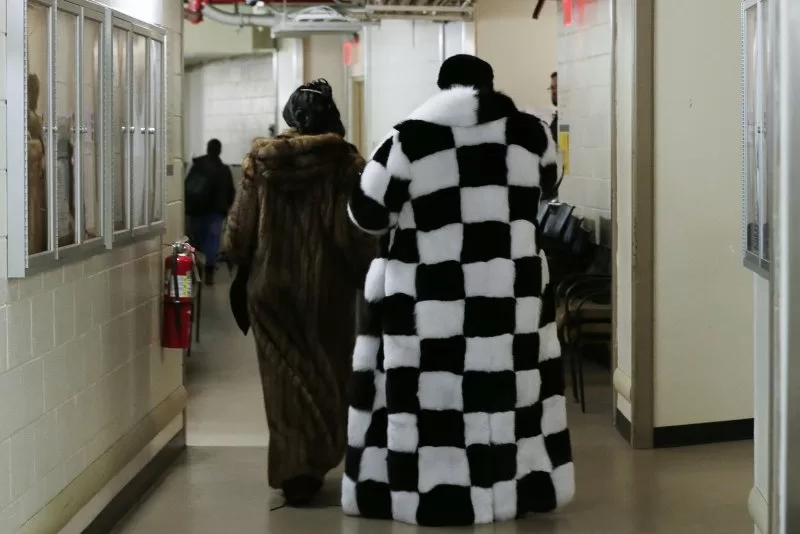
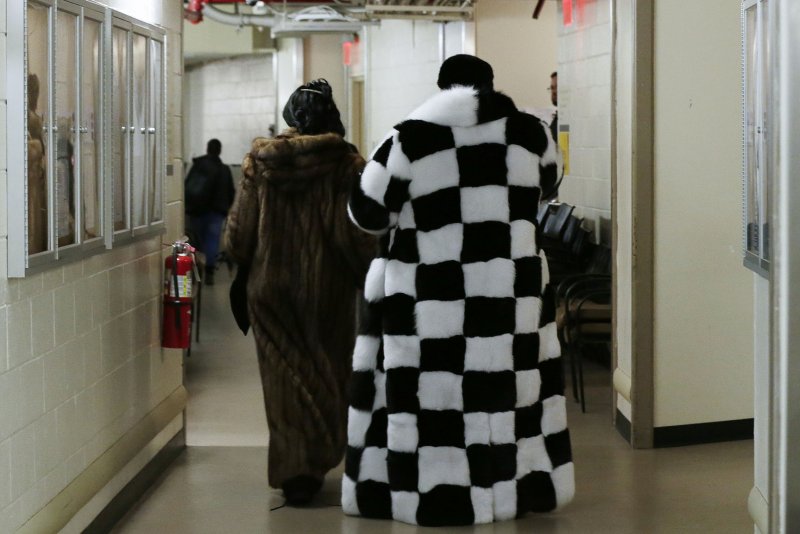
Oct. 12 (UPI) — On this date in history:
In 1492, Christopher Columbus reached America, making his first landing in the New World on one of the Bahamas Islands. Columbus thought he had reached India.
In 1810, the citizens of Munich were invited to join in celebrating the marriage of Crown Prince Ludwig of Bavaria to Princess Therese von Sachsen-Hildburghausen in what would become the first Oktoberfest.
In 1915, British nurse Edith Cavell, 49, was executed by a German firing squad in Brussels for helping Allied soldiers escape from Belgium in World War I.
In 1933, the United States Army Disciplinary Barracks on Alcatraz Island, otherwise known as The Rock, was acquired by the United States Department of Justice. Less than a year later, the prison would become home to some of the country’s most notorious criminals.
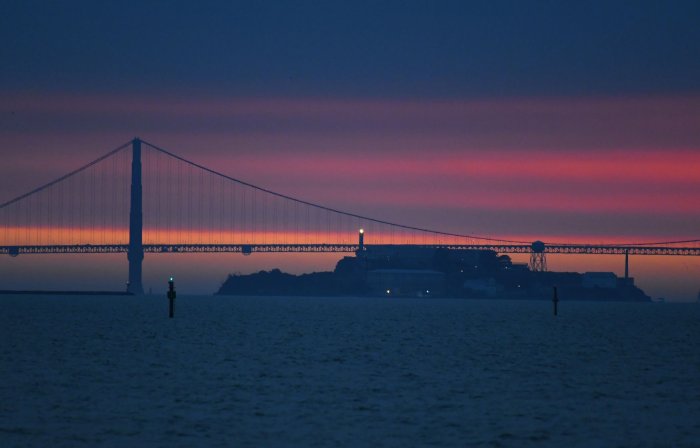
Photo by Terry Schmitt/UPI
In 1945, President Harry Truman awarded the Medal of Honor to Desmond T. Doss, the first conscientious objector to receive the honor. Doss was the subject of Hacksaw Ridge, a 2016 movie starring Andrew Garfield.
In 1960, Soviet Premier Nikita Khrushchev removed one of his shoes and pounded it on his desk during a speech before the United Nations.
In 1964, the Soviet Union launched Voskhod 1 into orbit around Earth, with three cosmonauts aboard. It was the first spacecraft to carry a multi-person crew and the two-day mission was also the first orbital flight performed without spacesuits.
In 1973, U.S. President Richard Nixon nominated House Minority Leader Gerald Ford of Michigan for the vice presidency to replace Spiro Agnew, who had resigned two days earlier.
In 1984, British Prime Minister Margaret Thatcher escaped injury in the bombing of a hotel in Brighton, England. Four people were killed in the attack, blamed on the Irish Republican Army.
In 1992, an earthquake near Cairo killed more than 500 people and injured thousands.
In 1998, University of Wyoming student Matthew Shepard, a 21-year-old gay man, died six days after he was beaten, robbed and left tied to a fence. The U.S. Hate Crimes Prevention Act is often called the “Matthew Shepard Act.”
In 2000, 17 sailors were killed and 39 injured in an explosion on the USS Cole as it refueled in Yemen. U.S. President Bill Clinton blamed the attack on al-Qaida leader Osama bin Laden.
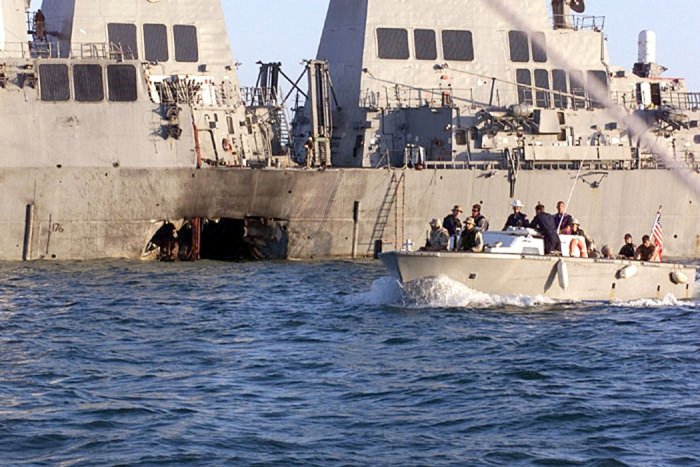
UPI File Photo
In 2002, terrorist bombings near two crowded nightclubs on the Indonesian island of Bali killed more than 200 people.
In 2010, the U.S. government lifted a ban on deep-water oil and natural gas drilling for companies that obey stricter rules aimed at avoiding a repeat of the massive BP oil spill in the Gulf of Mexico.
In 2016, CoverGirl announces its first male model, James Charles. The 17-year-old high school senior caught the attention of the makeup brand through his popular Instagram account.
In 2019, California became the first state in the United States to ban the sale of new fur products.
In 2022, a Connecticut jury ordered Infowars conspiracy theorist Alex Jones to pay nearly $1 billion to the families of eight Sandy Hook shooting victims and an FBI agent who responded to the 2012 massacre for spreading lies and calling the attack a hoax.
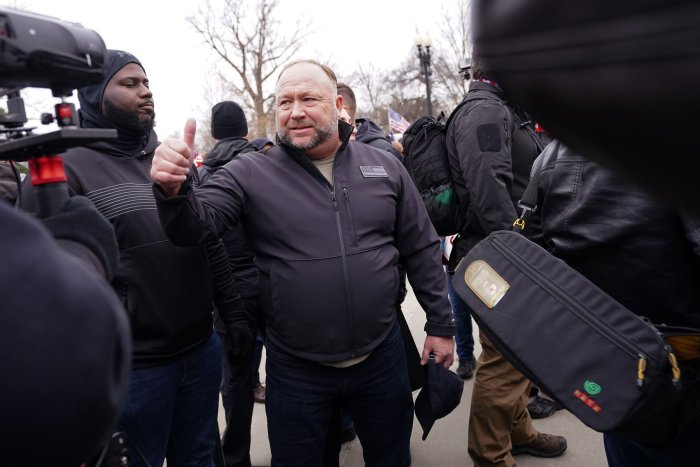
File Photo by Kevin Dietsch/UPI